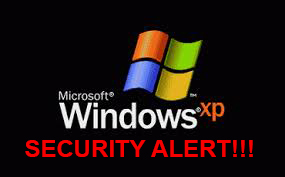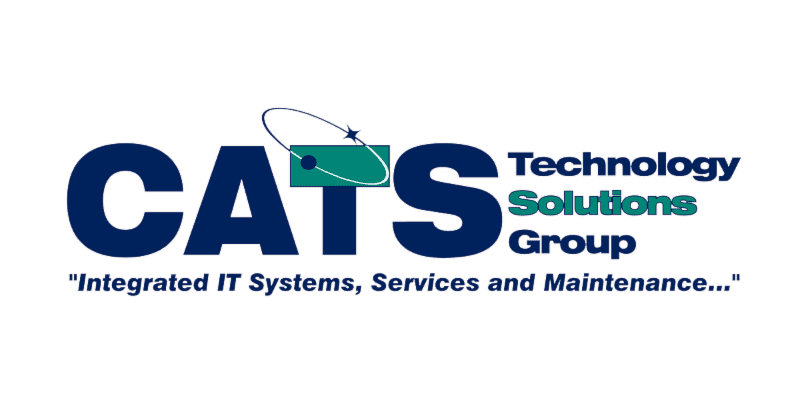 Most people are aware by this point of the internet-wide security vulnerability known as ‘Heartbleed’, which effected many web applications which used OpenSSL technology. While there was great potential for serious breaches in security with Heartbleed, the actual damage was minimal. The reason that Heartbleed was so potentially serious, was because it provided a backdoor through which a malicious individual could easily intercept digital data that is supposed to be kept secure such as confidential records, passwords, and credit card and payment information. Luckily this was all fixed before there was any serious exploitation, and with a few strategic password changes, we’re back to life as usual.
Most people are aware by this point of the internet-wide security vulnerability known as ‘Heartbleed’, which effected many web applications which used OpenSSL technology. While there was great potential for serious breaches in security with Heartbleed, the actual damage was minimal. The reason that Heartbleed was so potentially serious, was because it provided a backdoor through which a malicious individual could easily intercept digital data that is supposed to be kept secure such as confidential records, passwords, and credit card and payment information. Luckily this was all fixed before there was any serious exploitation, and with a few strategic password changes, we’re back to life as usual.
So why are we not hearing the same hoopla about Windows XP?
In early April, Microsoft pulled the plug on the Windows XP operating system, which means that it will no longer be offering updates, security patches, etc. Don’t be fooled by the fact that your computer still powers up and runs, any machine still running XP presents a massive security risk. As malicious individuals in the hacker community know that the source code for Windows XP is now final, never to be changed, it gives them a still target, so to speak, on which they can hone their hacking skills and exploit vulnerabilities in the current, and final version of the software, knowing that none of the vulnerabilities will later be secured, as with an actively supported platform.
Why Windows XP is now a bigger threat than Heartbleed ever was.
Heartbleed was the discovery of a single vulnerability, on an otherwise strong, stable platform. When the vulnerability was discovered a patch was released immediately, mitigating most of the threat, and declaring null and void the work of those malicious individuals who spent all of that time searching for it. Post-patch OpenSSL technology is as reliable as ever, and the risk associated with use today remains low. Windows XP on the other hand, is a platform that going forward is perpetually at risk. There is no more proactive mitigation of threat taking place, and each day that passes with such a machine still in use, represents a greater risk than the day before.
Keep Your Data Safe – Talk to an IT Professional Today
In order to keep your data, and IT infrastructure safe, as well as save your business from the potential economic and non-economic costs involved with having a compromised network, talk to an IT professional today about upgrading your systems to newer, safer, more secure versions of Windows.




